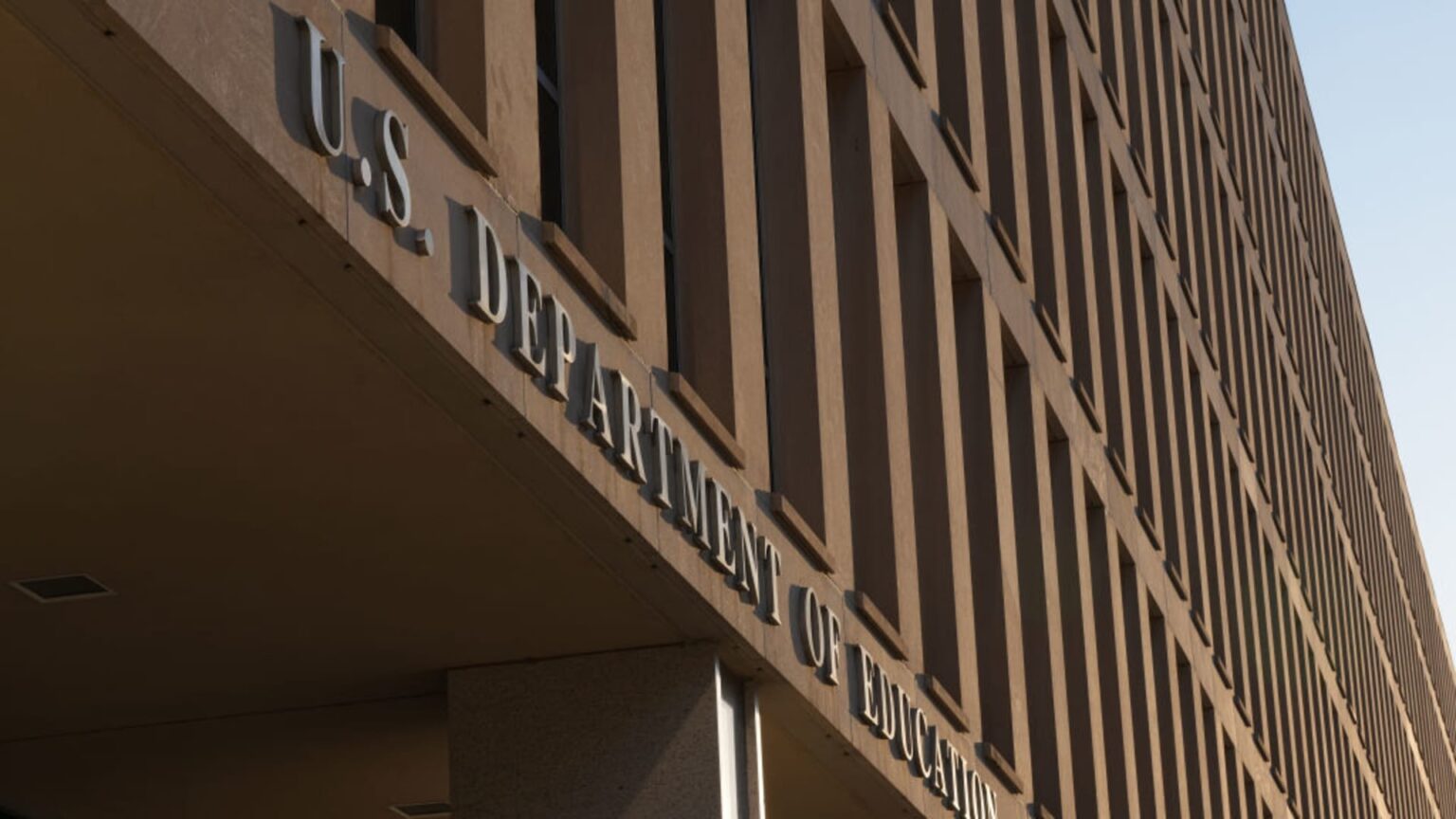Revised Policy on Garnishment of Social Security Benefits for Student Loan Defaults
As of March 20, 2025, the U.S. Department of Education’s stance on garnishing Social Security payments from individuals with overdue student loans has shifted. The department has announced a temporary halt on such collection efforts, signaling a significant change in federal policy. This development comes amid ongoing debates about the best ways to support vulnerable populations burdened by student debt.
Department of Education’s New Approach to Student Loan Collections
According to a spokesperson from the Department of Education, the agency is now pausing its efforts to deduct overdue student loan amounts directly from Social Security benefits. Ellen Keast, the department’s representative, emphasized that the administration remains committed to safeguarding the income of Social Security recipients, many of whom depend heavily on these fixed payments for daily living expenses.
Background: Resumption of Student Loan Debt Collection
This policy shift follows an announcement made on April 21, when the Trump administration indicated it would restart collection activities on the nation’s $1.6 trillion student loan portfolio. For nearly five years, the federal government had suspended collection efforts, a pause implemented during the COVID-19 pandemic to provide relief to borrowers facing financial hardship.
Implications of Federal Collection Powers
The federal government possesses extensive authority to recover defaulted student loans. These powers include garnishing tax refunds, intercepting wages, and deducting from Social Security retirement and disability benefits. Notably, Social Security payments can be reduced by up to 15% to recover outstanding student debt, which can significantly impact retirees relying solely on these benefits.
Impact on Older Borrowers
Data from the Consumer Financial Protection Bureau indicates that over 450,000 federal student loan borrowers aged 62 and above are in default and are likely to be receiving Social Security benefits. The recent policy pause offers these older individuals additional time to resolve their debts and avoid further reductions in their income, which is crucial for their financial stability.
Concerns from Financial Support Advocates
Carolina Rodriguez, who leads the Student Debt Support Program in New York, expressed concern about the potential consequences of resuming collection activities on retirees. She highlighted that losing part of their Social Security benefits could jeopardize their ability to afford essentials such as food, transportation, and healthcare. Rodriguez emphasized that protecting these benefits is vital for maintaining the quality of life for older Americans facing student debt challenges.
Additional Context and Future Outlook
As the debate over student debt relief continues, policymakers are weighing the balance between debt recovery and social safety nets. Recent statistics reveal that student loan debt in the U.S. has surpassed $1.7 trillion, affecting millions of Americans across generations. The current pause in garnishment efforts reflects a broader effort to reassess debt collection strategies and prioritize economic stability for vulnerable populations.

